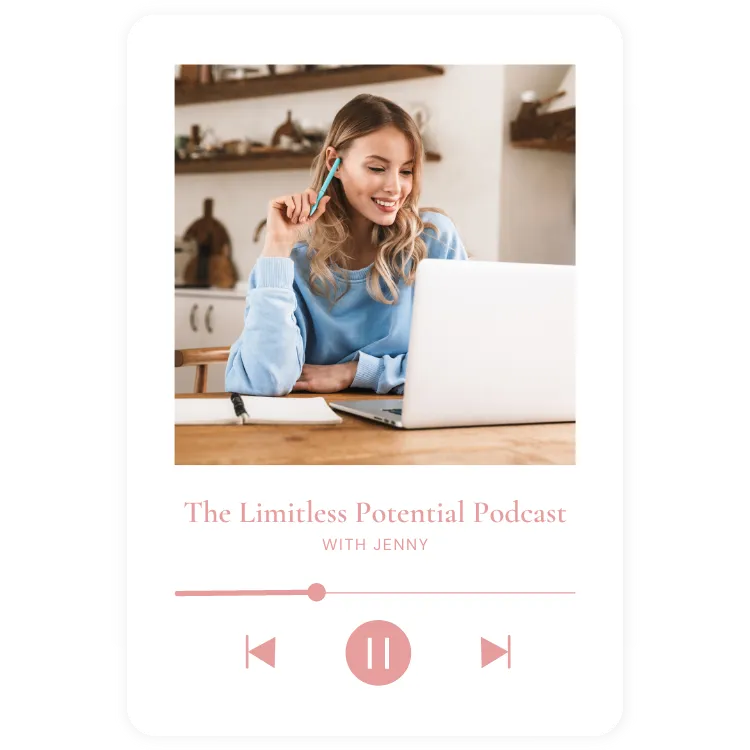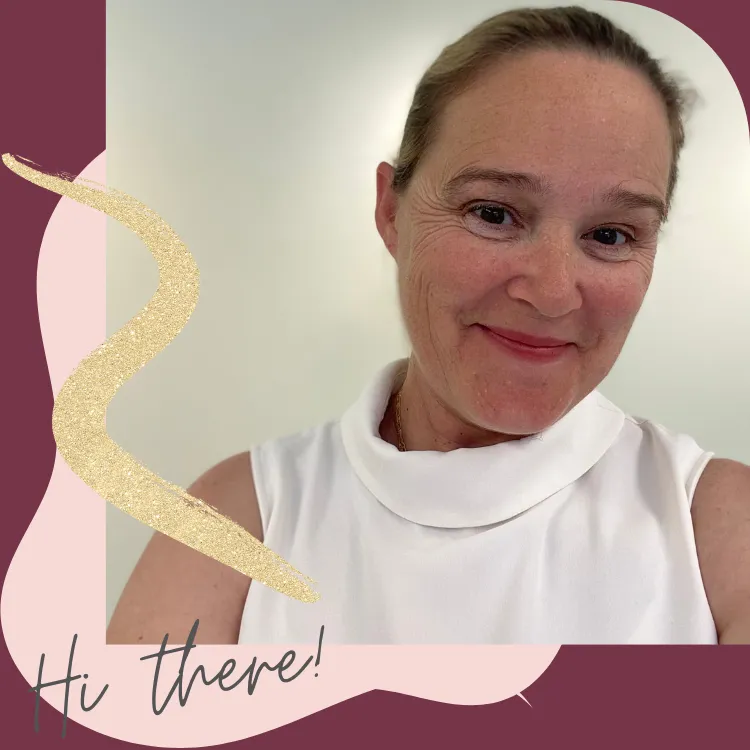
I help allied health practitioners increase their income and build consistent clinic patient databases using retention skills & quarterly planning systems that require no additional Ad spend or marketing fees
At The Spacious Practice, We are changing the way clinicians are taught to build their practice — from reactive to strategic, from burnout to balance, from self-doubt to self-trust.
Take my free 10 day Patient Retention Challenge now, click the link below to get your free guide including tips & scripts and start implementing them today
"Confidence isn't about saying more - it's about being clearly understood"
The Spacious Practice
My name is Rachel & I am an Allied Health Business Coach specialising in Rebooking, Retention and Systems
I Help allied health professionals rebook with confidence, Plan with Clarity and stop running on empty
I help practitioners future proof their income by increasing their patient retention skills and implementing systems to create what I call
"A Spacious Practice" and I'd love to help you too.
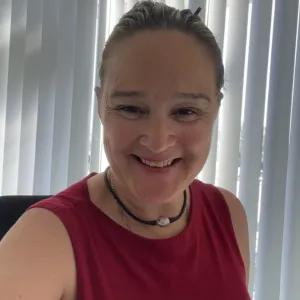
A spacious practice is possible - built on simple systems, stronger rebookings, and more peace of mind

Grab Your FREE Guide
The 10 Day Patient Retention Challenge
In just 10 days, you’ll practice one easy, daily shift to reduce consult stress, rebook with confidence and bring more consistency to your clinic calendar. You’ll get gentle, adaptable scripts that start conversations that convert - naturally
Ready to build a Practice that cares for you as well as your patients?

Listen to the Podcast
Maecenas sit amet ligula in est blandit semper. Mauris elementum imperdiet nisi eu pharetra. In nec ex tellus. Aenean sodales varius ipsum a elementum. Vestibulum laoreet fermentum urna id iaculis.
The C.L.E.A.R Consult Framework
Ready to stop second-guessing yourself every time a patient walks out without rebooking?
In just 6 weeks, I’ll help you rebook with confidence and lead consults that convert — so you can say goodbye to burnout and build a steady, spacious practice you’re proud of.
Inside The C.L.E.A.R. Consult Framework, you’ll get a simple, powerful structure that takes the guesswork out of retention — so you can finally feel in control of your income, your impact, and your schedule.
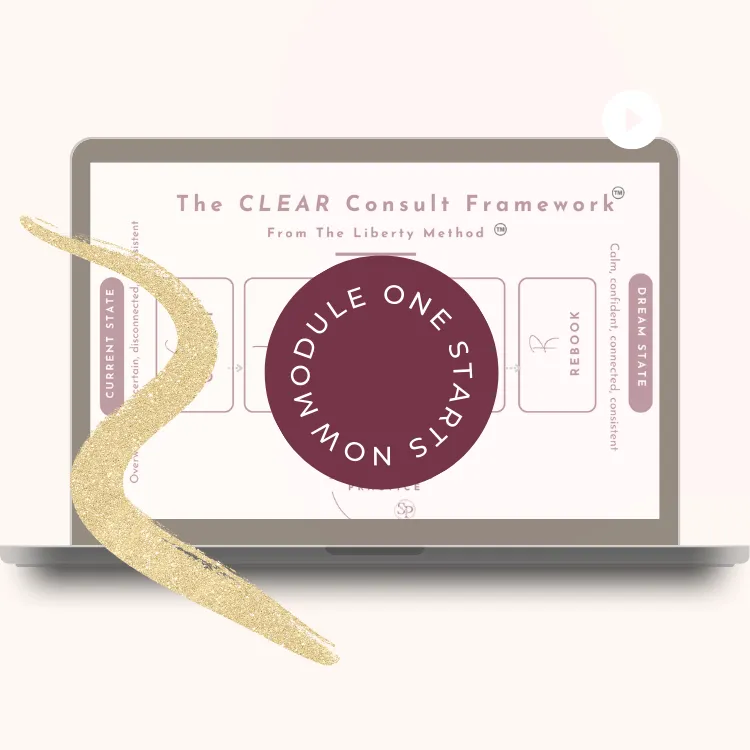

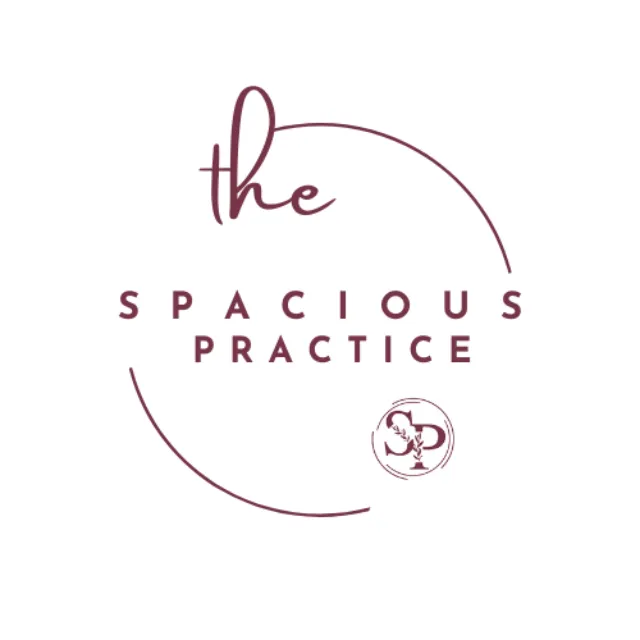
Follow us
Follow us on instagram - @thespaciouspractice for daily tips and tricks on retention, planning and & productivity
Are you ready for more?
Ready to build the life of your dreams?

Let's chat
Ready to work with a coach to uplevel your life and business?
Listen to the
Podcast
view my
services
read the
BLOG
Let's chat
Ready to work with a coach to uplevel your life and business?


Let's learn
Learn at your own pace and make quantum leaps.
Student Love Notes
We've helped so many incredible students to find success as Virtual Assistants...

The VA Business Blueprint helped me to go from feeling completely stuck to starting my business and getting my first client!
Ellen, business name

I enrolled in the VA Services Academy feeling completely lost - within 2 weeks I knew exactly what to offer & what to charge.
Ellen, business name

Beginner to Booked Out was a game-changer for me. Anna and her team are incredible and I'm booked out for the next 3 months!
Ellen, business name
New on the blog...

The
"No Show" Rescue Playbook You Need

The 3 Magic Words
That
Double Your Retention

Retention By Design
How Your Environment Shapes Trust
New on the blog...

The 3 Magic Words That Double Your Retention
There’s a quiet moment at the end of every consult.
The treatment is done, the questions answered, and the patient gathers their belongings, waiting for you to say the words that will guide what happens next.
For many clinicians, this moment feels heavier than it should. You know follow-up is important. You believe in the care plan. And yet, when it comes time to ask a patient to rebook, hesitation creeps in.
Maybe you soften with: “See how you go.”
Or you pass the decision over: “Just call us if you need another appointment.”
The patient nods politely, thanks you, and walks out the door.
And then? Often, they don’t come back.
That one small sentence at the end of a consult can mean the difference between a patient completing their treatment plan and feeling better in six weeks — or drifting away, their problem unresolved, and your calendar holding yet another gap.
It’s rarely about your clinical skill. Most of the time, patients drop off because they were never guided with clarity. From their perspective, they’ve absorbed a lot of information. They’re juggling time, money, and life commitments. And they’re waiting for you — the expert — to make the path forward clear.
If you hesitate, they hesitate. If you’re clear, they commit. Language is more than words. It’s a signal of confidence.
The thing you need to know is asking a patient to rebook isn’t selling, It’s guiding. You’re not pushing them into unnecessary care, you’re giving them a roadmap to get the outcome they came for. Without that roadmap, they’re left guessing and when patients are left guessing, most of them opt out.
Over years of observation and practice, I’ve noticed three phrases that completely shift this uncomfortable moment into something that feels natural. They aren’t tricks. They aren’t about “closing the sale.” They’re gentle words that create clarity and safety.
The first is “Let’s book in.” It’s collaborative. Inclusive. Instead of asking for permission — “Would you like to?” — you’re guiding together: “Let’s.” Together. It signals partnership: you and the patient, moving forward as a team.
The second is “Next best step.” This reframes the appointment not as an obligation, but as progress. It positions rebooking as the obvious continuation of care. Patients don’t want endless appointments; they want to feel there’s purpose behind each one. Saying “next best step” reassures them they’re not just coming back for the sake of it — they’re moving forward.
And then there’s “Same time again.” It creates rhythm. We love routine — it reduces decision fatigue. Offering a repeat time anchors care into the patient’s weekly pattern, making it easier to stick with. It also subtly communicates: “This is the kind of care that belongs on your calendar, regularly.”
Why do these little words work so well? Because they speak to both sides of decision-making: the emotional and the logical. “Let’s book in” reduces uncertainty and makes the next step feel safe. “Next best step” signals progress and taps into motivation. “Same time again” anchors habit, making follow-up easier to commit to.
Clarity builds confidence. Confidence builds trust. Trust builds retention.
I once watched one of my podiatrists close a consult in two different ways. In the first, she said: “Just call us if you need another appointment.” The patient smiled, nodded, and left. They never came back.
In the second, she said: “The next best step is to see you in a week. Let’s book that in now — same time again works perfectly.” The patient didn’t hesitate. They rebooked on the spot.
Same clinician. Same treatment plan. The only difference was language.
When you use these words, you’re really doing three things at once: leading with confidence, normalising follow-up, and reducing the decision burden for patients. You’re signalling that this is the natural next step, not an optional extra.
And the best part? - When you use them consistently, you don’t have to “sell” rebooking. It becomes the natural, obvious, compassionate conclusion to care. At first, it might feel deliberate. But over time, it becomes part of how you naturally guide your consults.
This week, I’d love you to notice how you close your consults. Do your words trail off into hesitation, or do they lead the way forward? Try weaving in one of these phrases. Not as a script, but as a quiet shift in tone. Watch how your patients respond.
You may be surprised at how something so small can ripple into a calendar that feels steadier, fuller, calmer.
Because retention isn’t built in big dramatic gestures. It’s built in these small, repeatable moments — the words we choose, the confidence we bring, the clarity we provide. Patients don’t want to be convinced. They want to be guided.
And often, that guidance lives in just three little words:
Let’s book in. Next best step. Same time again.
